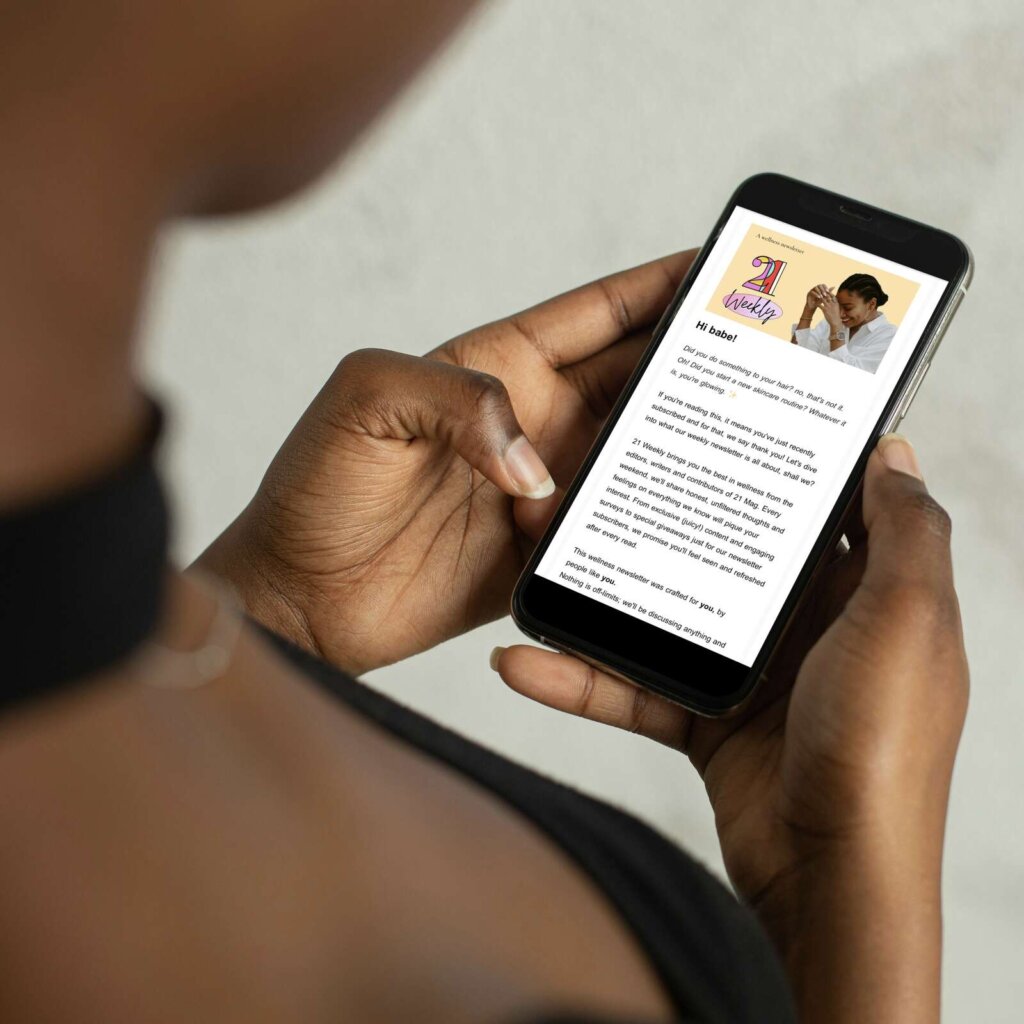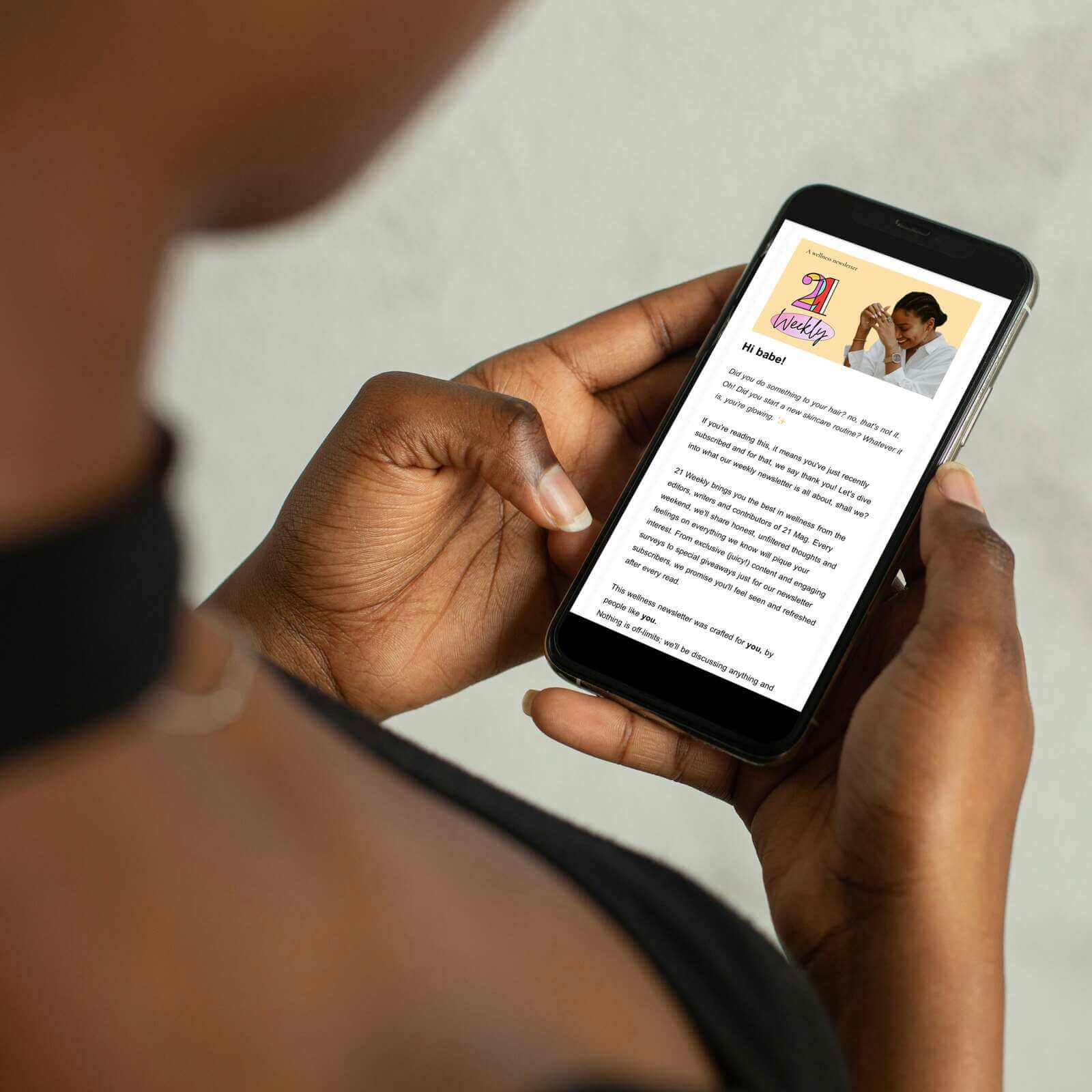No products in the cart.
What is Loud Budgeting and How Can You Get Into This Habit?
Have you ever found yourself in a situation where you’re actively trying to foster better financial habits—saving more, using the savings to purchase assets, forgoing wants, or in a situation where you don’t even have much income coming in, so you’re just trying to survive as the day goes by? In whatever situation you find yourself in, “there’s rice at home”, is a mantra you tend to repeat, to avoid unnecessary spending.
While it’s easy to remind ourselves of the healthy financial boundaries we incorporate into our lives, things become trickier when other people are added to the equation. In these times, open conversations about one’s finances can quickly conjure up an awkward atmosphere.
Picture this: You’re holding yourself accountable in regards to cutting back on your spending, and out of the blue, a friend of yours wants to catch up over dinner at Gusto, or a loved one has added you to a WhatsApp group chat for her destination wedding happening in a month. Maybe your wallet can’t handle such expenditure, and maybe your wallet actually can, but you don’t want to spend your hard-earned cash booking a flight to Bora Bora to watch your homegirl marry the man you’ve told her to break up with severally. So, what do you do when faced with these kind of situations?
In your attempt to please your friend, do you accept the social invitation and put your financial goals in jeopardy? Or do you stand on business by not only declining the invitation but also stating the true reason for your decision to decline? The latter is what ‘Loud Budgeting’ entails.
Loud Budgeting is a money-saving strategy that involves turning down social invitations if they will eat into your finances and openly communicating this reason to others. The term was popularized in the first quarter of 2024 by a Tiktok content creator, Lukas Battle, in a video where he says, “Sorry, can’t go out for dinner. I have $7 a day to live on”.
Loud budgeting is not just for times when your bank account is scarily low, so you can’t spend, but also for times when your account is flourishing but you don’t want to spend on a particular thing.
This saving technique encourages us to be more honest when it comes to discussing our finances and to proudly prioritise personal financial goals. It’s empowering to be able to communicate, “I’d rather not spend money on this because I’m saving for {insert your short/long term financial goal here}”. In fact, you should effectively communicate your current financial goals and boundaries so that people don’t assume that you’re out here flowing in big money.
Many times, people will misjudge your financial situation by overestimating your finances and somehow land you in a mess you never anticipated. Imagine managing yourself so that you can pay your rent on time. Then, a friend suggests a girl’s trip, but you’re too shy to decline the invite. On the trip, you’re barely having fun because you have no choice but to penny-pinch throughout.
Months later, a friend you fell out with, who was also on the trip with you, posts a “GRWM as I tell you about why I hate travelling with cheap people”.
This is just one of the countless messy situations in which not being honest with your finances can land you.
Another case for Loud Budgeting is that by encouraging bolder and more candid declarations on your finances, you may find yourself in a community with others who have experienced a similar financial situation or people pursuing similar financial goals. This set of people can offer valuable tips on improving your financial wellness.
Seriously, are you tired of your mates overestimating your finances, calling you “Big woman” all the time and constantly proposing outings and purchases that pass your power? Are you ready to unapologetically use the phrase “there’s rice at home” when unbudgeted jaiye pops up? Are you wondering how you can normalize speaking about finances without feeling awkward?
I’ve compiled 5 solid steps for you to get into this financial savings trend that’s Loud Budgeting.
Address Your Relationship With Money
Several factors affect our habits when it comes to spending money—childhood poverty, upbringing, experiences with unexpected medical expenses and a lot more. We all have different emotions tied to money; for some, it’s freedom, while for others, it’s anxiety or shame. Ultimately, these emotions directly impact our financial wellness. For example, in the Nigerian culture, the first daughter of a poor or middle-class household who has begun to make money that has never been made before in her family is automatically expected to provide. She’s expected to take care of the family as a thank-you for whatever sacrifices were made to put her in her current position. Black tax and familial expectations about money can strain her, her relationship with her family and her finances.
It is only by addressing your feelings about money and uncovering why you feel the way you do, that you can set financial boundaries and communicate them effectively to others. Sit with yourself, a trusted friend with good financial habits or a financial therapist, and get to the root of questions like: Do I have good financial habits? If no or yes, why? What do I overindulge in? Why do I feel somehow about telling my parents that I can’t do this for them because I have financial goals to pursue?
Stay Organized and Track Your Financial Goals
Remember, you can’t loud budget unless you have a budget.
Keep your money goals at the forefront and back of your mind as you navigate the short-term discomfort that might come with having to say “no” to things that don’t align with them.
Staying organized includes regularly reviewing your finances and adjusting accordingly, so you don’t become too rigid—never making space for joy because you’re too used to saying no even when you find that you have spare money to indulge. As a pro tip, ask yourself pertinent questions like: What do I want to accomplish with my money? What are some ways that spending money has recently made me happier, and which products or experiences haven’t been worth it? Would I like to start a side hustle to earn more money, or go for a pay raise at work?
Share Your Financial Goals With Someone You Trust
It’s easier to abide by set financial rules when you have a friend to remind you of the reason for the journey and the ultimate destination. When choosing an accountability partner, it will be smart to pick someone who sees loud budgeting as a feasible saving technique and desires to also incorporate it into their financial life. Regularly run social invitations by them to sift which ones are necessary and which ones aren’t. You and your accountability partner can also exchange tips on how to handle situations where it’s harder to decline an invite and give honest reasons why.
Don’t Compare Yourself to Others
By the time you see your friends living their best (material) lives while you choose not to, you will certainly get FOMO (fear of missing out). That’s a real and valid feeling, but don’t give in to it. The reason you’re Loud Budgeting is because you have a unique financial situation that requires you to delay gratification to reap a higher reward.
In your “Loud budgeting” journey, focus more on holding yourself accountable, versus holding other people accountable because not everyone is on the same journey as you.
Show Up for Your Friends in Other Ways
By consistently telling your loved ones “no” and turning down their invitations, you run the risk of looking selfish and making them feel like they aren’t important in your life. The great news is that you don’t always have to spend money to show someone that you love them. If you’re making loud budgeting a habit, you will need to find alternative ways to offer love and support to your loved ones.
For example, a friend of mine couldn’t show up for her cousin’s commencement in the United States. Paying for a round trip, hotel expenses, purchasing a gift and taking non-paid days off work, was going to put a dent in her savings for a car. Instead, she told her cousin, “You mean the world to me, but attending your graduation is a commitment that I can’t afford right now without over-stretching myself”. Then she offered to buy a laptop for him, as he had been wanting one for a while.
Loud budgeting encourages you to get creative and suggest affordable options to friends and family who want to hang out or want something from you. You can also support the people you care about without having to dip your hands into your pockets. Non-monetary support looks like helping them babysit, reviewing their school essays/CVs, introducing them to relevant networks, running errands for them, checking up on them regularly, etc.
Loud Budgeting centres financial transparency. It doesn’t matter if you’re saving up for a big essential purchase, paying off a debt or not in the mood to spend your hard-earned cash on a bag from Polo Avenue, even though that’s what all your friends are doing. Loud Budgeting gives you the permission to say, “No, thank you, I’m good”, which sounds so liberating. I mean, why should I feel awkward, guilty or embarrassed about managing my money, you know, the one that I can’t just pluck from a tree? Girl, please.















